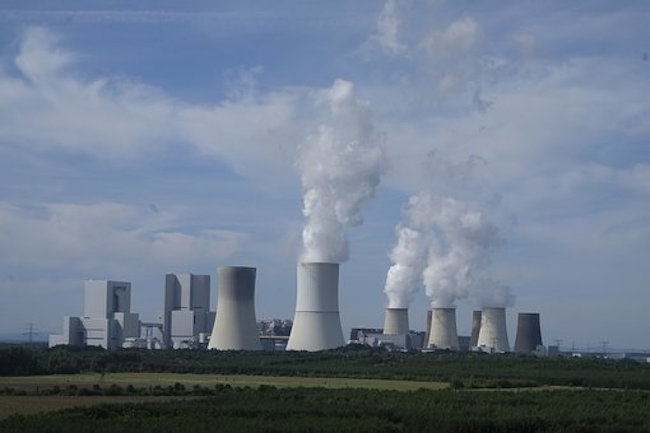Plan To Discharge Fukushima Water Into Pacific Gets OK From Regulators By Julia Conley for Natural Blaze
Despite outcry from local leaders and the Japanese public and warnings from environmental campaigners, Japan’s Nuclear Regulation Authority on Wednesday gave its approval for a plan to discharge contaminated water from Fukushima Daiichi nuclear power plant into the Pacific Ocean, a move critics say will pose a major threat to marine life.
After spending several months reviewing the plan announced by then-Prime Minister Yoshihide Suga’s administration last spring, the NRA said discharging more than 1.2 million tons of treated wastewater will help the Tokyo Electric Power Company (TEPCO) secure space needed to decommission the plant, where three reactors melted down in March 2011 after a tsunami.
Assuming the plan goes forward, the discharge is expected to begin in 2023, but critics including the governor of a neighboring prefecture are calling on TEPCO and the Japanese government to consider other options.
The plan “will extensively affect many industries in the prefecture, including fisheries, that are only now recovering from the earthquake damage,” said Gov. Yoshihiro Murai of Miyagi Prefecture last year after the central government proposed the discharge.
TEPCO will use an Advanced Liquid Processing System (ALPS) to treat wastewater that has been pumped in to Fukushima to cool fuel from the melted reactors and has mixed with rainwater and groundwater since the tsunami.
According to TEPCO, the water will be diluted to one-40th of the concentration permitted in Japan.
The system, however, is not able to remove tritium, a radioactive isotope of hydrogen, from the water. South Korean officials and fishing communities in the area have expressed concern that tritium will harm marine life in the Pacific.
TEPCO also acknowledged in 2018 that other isotopes including ruthenium, cobalt, strontium, and plutonium, “sometimes slip through the ALPS process,” according toScience.
“These radioactive isotopes behave differently than tritium in the ocean and are more readily incorporated into marine biota or seafloor sediments,” Ken Buesseler, a marine chemist at the Woods Hole Oceanographic Institution, told the magazine last year.




